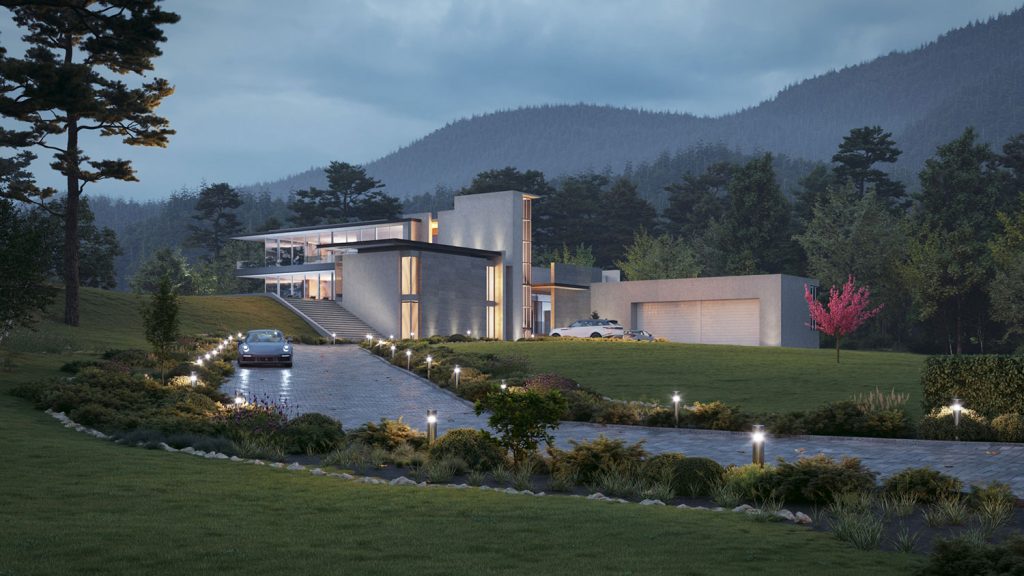‘Always-on’ V-Ray Vision viewer delivers high-quality visualisation in real-time while architects design
Chaos has introduced V-Ray Vision, a real-time visualisation capability built into V-Ray 5 for Revit. The new feature allows architects to get immediate feedback on their designs, before moving on to full photorealism with V-Ray’s final renderer.
V-Ray 5 for Revit also marks the launch of Chaos Cosmos, a new 3D content library tailored to the needs of architecture.
“No one wants to start and stop when it comes to visualisation; architects need constant access to push ideas to their full potential,” said Phillip Miller, VP of product management at Chaos.
“With V-Ray 5 for Revit, that creative process can finally be unbroken. When changes are made, they’ll be reflected right away, giving architects an always-on view into how each idea is shaping up. This is a complete visualisation solution from start to finish. And for many, it’s going to feel like a whole new world.”
V-Ray Vision is an ‘always-on’ viewer that updates in real-time, offering a high-quality representation of a Revit model as architects work, with a view to helping users work through new ideas and client feedback from start to finish.
According to Chaos CEO, Peter Mitev, “It will run on almost any hardware, including your laptop.”
For 3D content, Chaos Cosmos includes over 650 free models and HDRIs. According to Chaos, it reduces the process of populating environments to a few simple clicks. Assets include furniture, trees, cars, and people which are automatically organised / categorised into native Revit families and categories.
While a lightweight representation is shown in the viewport for faster feedback, the fully detailed object is always available at render time.
V-Ray 5 for Revit also includes a redesigned V-Ray Frame Buffer (VFB), which includes what Chaos describes as some of V-Ray 5’s most user-friendly features, making it easy to bring a personal touch to any rendering.
With Light Mix, users can interactively change the colour and brightness of any light without rendering again, creating multiple lighting scenarios from a single render. Image adjustments like exposure control, colour balance and colour corrections can also be added, replacing the need for external image editing tools. For extra control, render layers can be combined using the Layer Compositor to create more nuanced designs, or even saved as presets for later use.
Other new features include new sun and sky, line renderings to give renders an illustrative look; texture randomisation to make it easier to create subtle variations in textures and materials; and stochastic texture tiling, an automatic fix for repeating textures.
A full feature tour can be found on the product page.
Last year was the long awaited release of Chaos Vantage (formerly Project Lavina) which brings ray tracing to real time 3D using Nvidia RTX technology.






